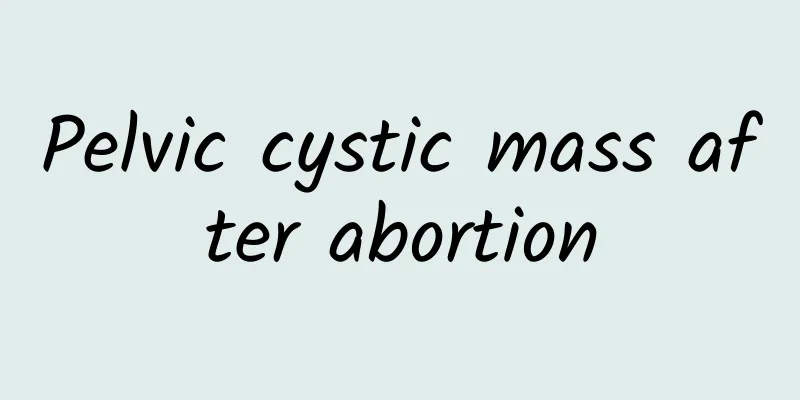What is a uterine cyst?

|
What is a uterine cyst? In simple terms, a uterine cyst is a common gynecological problem, usually a fluid-filled cystic structure formed in or on the surface of the uterus. It may sound a bit scary, but in most cases, uterine cysts are benign and do not pose a serious threat to health. Many women may not be aware of its existence in their daily lives because they usually have no obvious symptoms. Next, let's take a closer look at uterine cysts. Uterine cysts can be divided into several types, the most common of which are uterine fibroids and endometrial cysts. Uterine fibroids are benign tumors composed of smooth muscle cells and fibrous connective tissue, while endometrial cysts are cysts formed due to endometriosis to the myometrium or other parts of the uterus. Although these cysts are usually harmless, in some cases they may cause pain, irregular bleeding, or other uncomfortable symptoms. So, how do you tell if you have a uterine cyst? Generally speaking, the diagnosis of a uterine cyst needs to be confirmed by an ultrasound. If you are told that you have a cyst during a routine physical examination, don't worry too much. The doctor will determine whether further examination or treatment is needed based on the size, location and type of the cyst. In most cases, the doctor may recommend regular observation to ensure that the cyst does not grow larger or cause other problems. For those uterine cysts that may require treatment, treatment options usually include medication and surgery. Medication can help relieve symptoms and reduce the size of the cyst, while surgery is reserved for larger cysts or those with severe symptoms. The specific treatment plan will depend on your individual medical condition and the characteristics of your cyst. Although uterine cysts may sound scary, they do not cause serious health problems in most cases. Maintaining good living habits and having regular gynecological examinations are effective ways to maintain uterine health. If you have any concerns about your health, it is best to consult a doctor in time. Through scientific examinations and treatments, we can better understand and manage our bodies. I hope this article can provide you with some useful information so that you can have a clearer understanding of uterine cysts. |
<<: Does having squamous cells matter?
>>: What is the reason for the pain when having sex?
Recommend
How much does a painless abortion cost in Shenyang?
How much is the normal flow of people in Shenyang...
As a woman, you should always be on guard against the causes of cervical erosion
Cervical erosion is a common gynecological diseas...
Four types of uterine fibroids
Uterine fibroids are a common type of benign tumo...
How to calculate menstrual period after abortion?
Experts say that after an abortion, the endometri...
Overcome your weight loss plateau! Supplement protein in moderation
I believe that friends who have experience in wei...
What to check for gynecological cervical precancerous lesions
Cervical precancerous lesions are very difficult ...
How to treat premature ovarian failure
The methods for treating premature ovarian failur...
What are the symptoms of dysmenorrhea caused by blood stasis and qi stagnation?
When women have physiological phenomena, their im...
Taipei City food inspection found plasticizers and probiotics exceeded the limit by 159 times
The Taipei City Health Bureau announced the resul...
What are the treatments for ovarian tumors?
Treatments for ovarian tumors include chemotherap...
What harm does cervicitis most likely bring to women?
Many women do not pay enough attention to cervici...
Is lemon water a magic weapon for whitening? Or is it the catalyst for a black swan?
"A white complexion hides three uglinesses!&...
What a big misunderstanding! White rice and meat are not the natural enemies of weight loss
Habit 5: White rice and meat are not enemies of w...
Will body temperature rise during menopause? What are the other symptoms?
Menopause is a necessary process for women. Gener...
Get rid of fat and sugary drinks! 6 slimming drinks to beat the heat
In the hot summer, many women drink sugary drinks...









